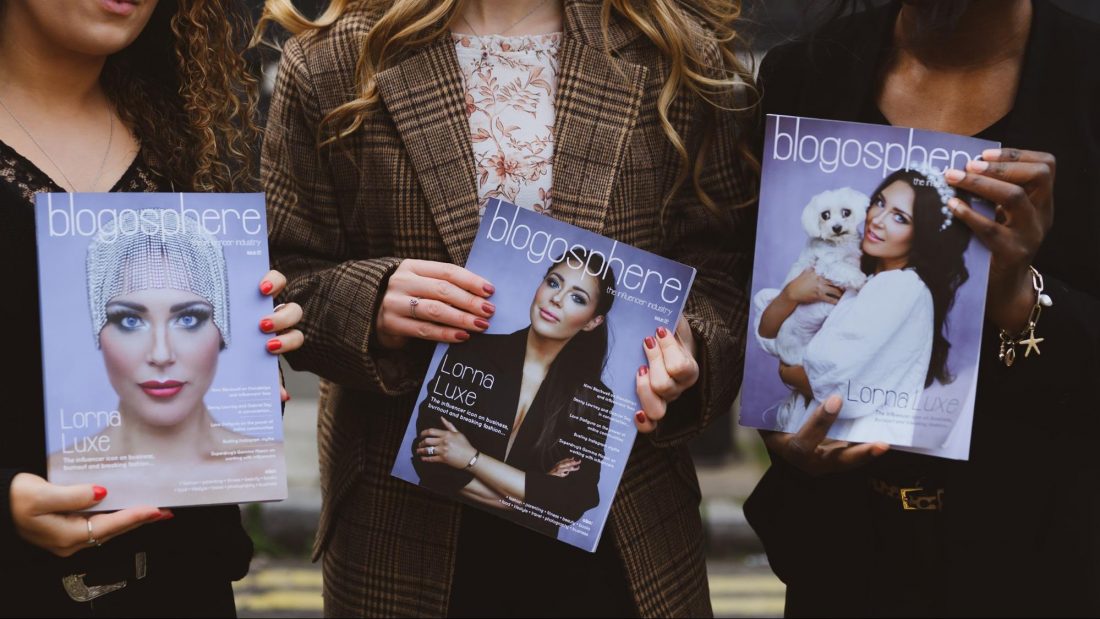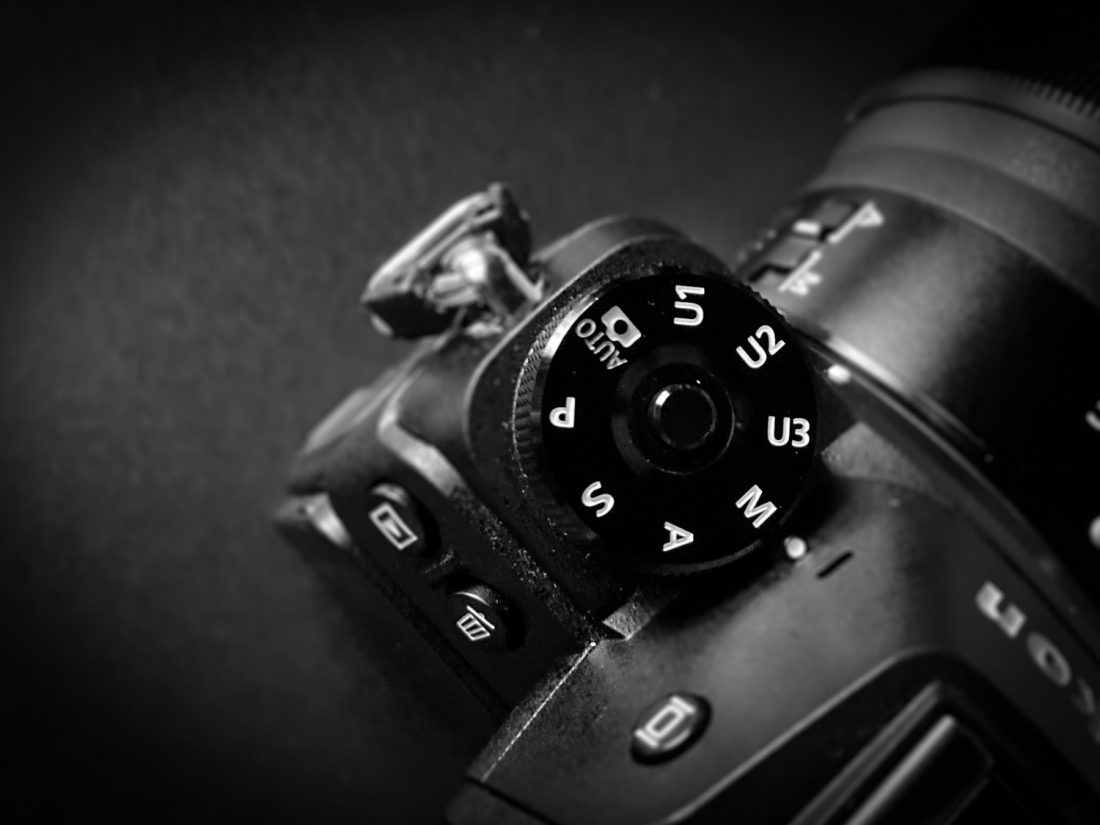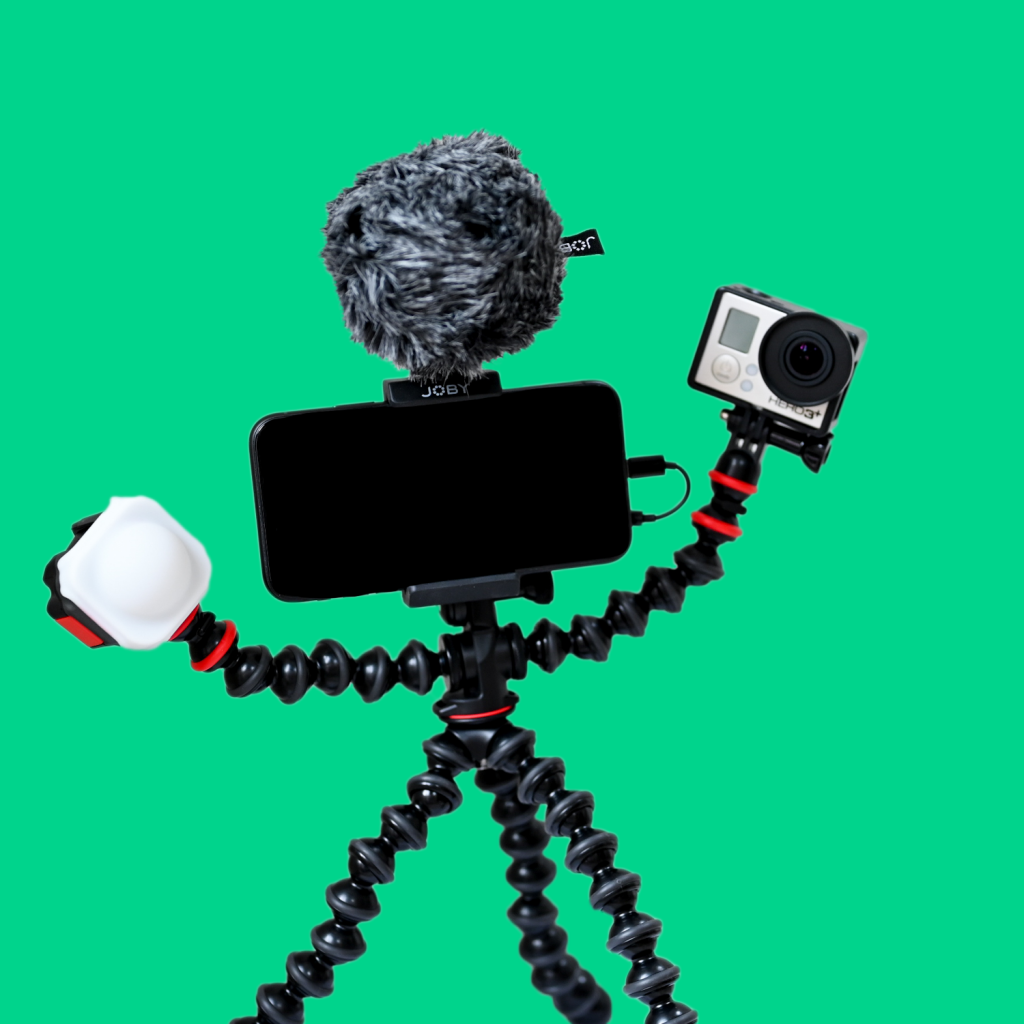
When safe travel resumes you may be keen to get out and capture new content for your blog and social media. It may have been many weeks or months since your last trip, so this post serves as a helpful reminder of what essentials items you should pack for your next adventure.
1. Camera
Of course, the camera device itself. Ensure you protect the camera body by packing it securely so it isn’t loose in your bag, or perhaps invest in a protective case to store it inside your backpack.
2. Lenses
Depending on your trip you may decide to use one or several lenses for your camera device. The shot list (point 10) will help inform you of what lenses you may need.
3. Lens filters
Lens filters are used for a variety of reasons with the added benefit of protecting your lens. A common one is a UV filter which blocks the ultraviolet sunlight from reaching your camera lens.
There’s also ND filters (Neutral Density) which come in various grades – think of these like sunglasses for your lens with lighter and darker shades available. ND filters are primarily used for long exposure photography, reducing the amount of light entering the lens means you can lengthen the shutter speed further before photos would be over exposed (too bright) which is useful in the daylight.
There are also filters available to add a style or effect to your photography, like a star-filter which disperses any source of light to create a starry effect.

4. Lens covers and wipes
When you’re travelling about it’s surprising how quickly your lens can pick up dust. Avoid removing it with your fingers or clothing to avoid scratching the lens or leaving any residue. Replace lens covers as soon as possible to reduce the amount of time the lens is exposed to the air.
5. Spare batteries
Taking a stock of fully charged batteries will ensure you’re not caught out with the dreaded low battery warning in the middle of a shoot.
6. Charging cables and plugs/adapters
Pack charging cables and plugs/adapters (if you’re staying away or on a long day trip) to recharge your batteries when possible. You never know when the opportunity to gain some much needed juice will come along, like stopping in a coffee shop. You may also have the capacity to recharge your devices in your car with adapters.
7. Memory card
Ensure your memory card is in good condition, free from scratches and is the correct speed and storage capacity for your camera. If it’s been used before, check you’ve backed up the content already on there and consider removing it by erasing the memory card within the camera to start fresh.
8. Tripod/grip/strap
A tripod, grip or camera strap is useful depending on the style of photography you’re intending to shoot.
A camera grip can help steady your hand and a strap around your neck adds a bit of extra security when travelling if you don’t wish to take it in and out of your bag constantly.
Related: View our virtual event video in partnership with JOBY

A tripod will be particularly useful if you’re intending on taking photos of yourself and are travelling alone so you don’t have to rely on strangers or surfaces which could scratch or damage your camera body or lens.
9. Remote
A remote for your camera is useful if you’re taking photos of yourself and don’t want to go back and forth your camera constantly. You can of course set up your camera to take multiple photos, however a remote will give you more flexibility with timings so you can take them as quickly or as slowly as you need.
10. Shot list/Release forms
Making a list of the shots you’d like to take in advance will help when you’re in a busy environment and need a reminder of everything you need to capture. You may also find planning a shot list in advance allows you to think more creatively so you don’t have to think on the spot and take up precious time.
Release forms may prove beneficial if you intend on shooting photos on private land or take a portrait of a person/s and would like to cover yourself from any issues further down the line from your use of those images. If you intend on taking photos commercially it would be worth sourcing legal advice to ensure your forms are compliant and cover everything you need it to.
